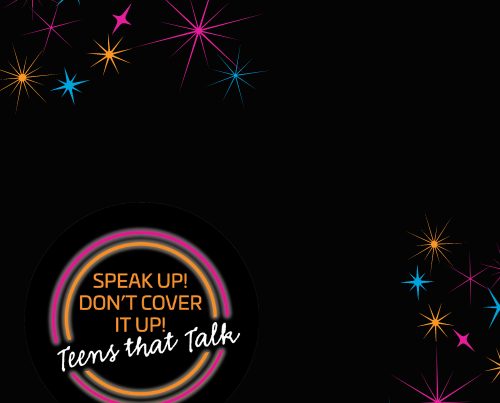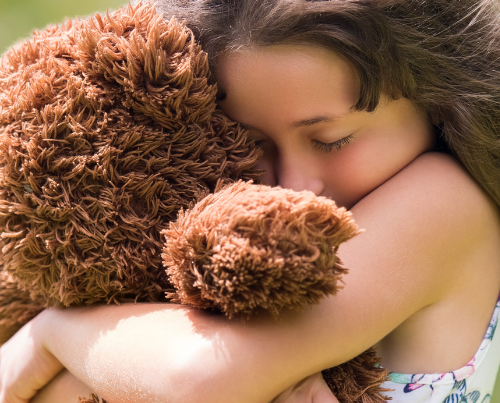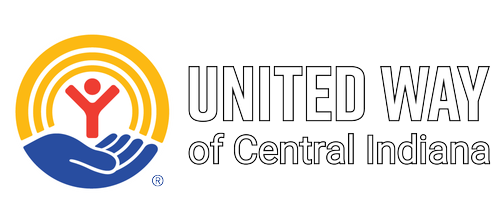Teen dating insights from an Indiana teen
Teens encounter two major challenges with dating, said Taylor,* a local high school teenager and member of the Sheltering Wings Teen Council:
- Realizing when a relationship is unhealthy, and
- Knowing how to get out of it.
“A lot of teens don’t want to believe they’re not being treated right. They want to believe the relationship is going well,” Taylor said. “It’s hard to tell if you’re in an unhealthy relationship when you’re in it, especially when you don’t know what to look for.”
She began volunteering to help teens learn what to look for in negative relationships because she didn’t know how to recognize the signs, either.
“I grew up with divorced parents, so I never really got to see two people who loved each other interact. By the time I got to high school, I was seeing all these relationships that everyone said would last, but a few weeks later they would break up and hate each other. To me, that [relationship] hurt them more than anything.”
Then she realized she had been in an unhealthy relationship herself – but not until it was over.
“I had been lied to and cheated on, and things were said that weren’t healthy at all. My friends could see it, but I couldn’t,” she said. “I made a promise to myself that I would help other girls and boys my age avoid toxic relationships.”
Teens find leaving harmful relationships especially hard when a partner threatens to hurt themselves.
“What do you do? Where do you get help? So they stay in the relationship out of fear,” she said.
Technology can help keep teens from jumping into relationships too quickly. Taylor’s current relationship is a good example. She met her boyfriend in person through a coworker. They talked first over snap and text until they got to know each other, and only then started dating.
“Social media can still be good in a today’s world, especially if a teen knows how to use it the right way. But social media can still be bad if a teen doesn’t use it carefully.”
In the end, Taylor emphasized what teens need the most to avoid unhealthy relationships: Someone to talk to.
“I still see a lot of teens who don’t know who to talk to. They don’t know how to recognize bad relationships, and they don’t know how to leave. Then, when you first get out of an unhealthy relationship, it’s hard not to want to go back to it – it’s hard to take that step of removing the person completely from your life,” she said.
Parents can make it easier for their teens to come to them by respecting their privacy as much as they can, showing they trust their teenager’s judgment and talking through issues of concern instead of reacting with anger.
“Knowing your parents trust you is such a big thing in a teen and parent relationship. And privacy, too, even just being left alone when you ask to be or being allowed to close your door.”
Taylor wants teens to know that getting out of a bad relationship is worth it.
“You feel so much better. It’s like a rock lifted off your shoulder. It’s hard to do, but it makes you feel so amazing,” she said. “That’s what I wish teens would take away from our talks: Do not be afraid of getting out of that relationship.”
*not the interviewee’s real name







